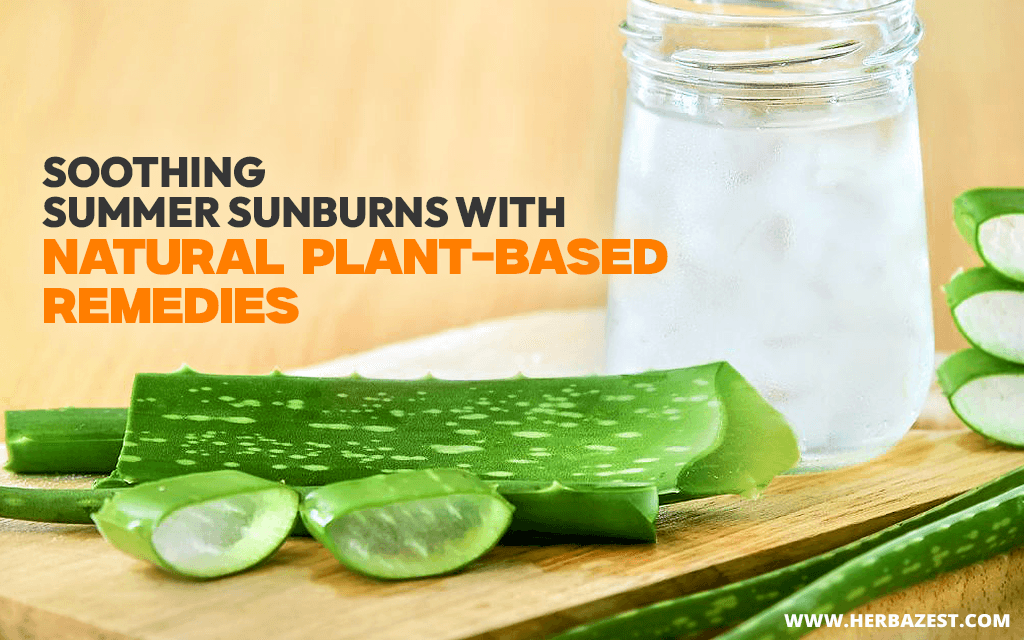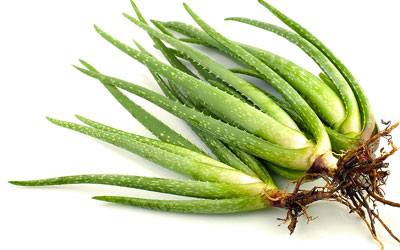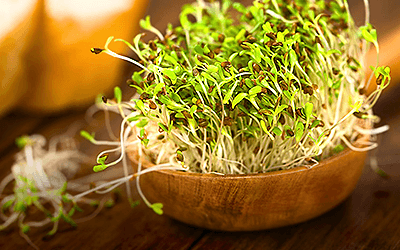Sunburn is a common yet painful consequence of excessive sun exposure. Characterized by red, inflamed, and sensitive skin, it can disrupt summer plans and pose risks to skin health. While prevention, such as wearing sunscreen and protective clothing, remains the best strategy, once sunburn occurs, natural remedies derived from plants offer gentle and effective support. Explore the most effective plant-based remedies to naturally soothe and restore sunburned skin.
Benefits of Plant-Based Remedies for Sunburns
Plant-based remedies harness the natural properties of botanicals to address the core symptoms of sunburn: inflammation, pain, and skin dehydration. They are typically well tolerated, even by sensitive skin, and often come with additional antioxidant and antimicrobial benefits that support the healing process. Because many of these ingredients have been used in traditional medicine for centuries, modern studies are increasingly validating their effectiveness and safety for topical us.
Top Plant-Based Ingredients for Sunburn Relief
Several plant-derived treatments have been shown to ease the pain, redness, and inflammation caused by sunburn. These natural remedies are supported by research and are simple to prepare and apply at home.
Aloe Vera
Aloe vera is one of the most trusted remedies for sunburn due to its cooling, anti-inflammatory, and skin-repairing properties. It contains acemannan, a compound known to accelerate healing and support collagen production. A clinical trial has shown that aloe vera gel treats superficial burns as effectively as prescription nitrofurazone ointment, with fewer side effects and better skin tolerance.1 For best results, apply the fresh gel from the leaf directly to clean, sunburned skin several times a day.
Green Tea
Green tea, made from the unoxidized leaves of the tea plant, is rich in polyphenols, particularly epigallocatechin gallate (EGCG), which offer strong anti-inflammatory and antioxidant effects. These compounds help reduce redness, irritation, and oxidative stress in skin damaged by UV exposure.2 Green tea infusions can be transformed into a soothing compress for inflamed skin. Brew a strong cup of green tea, allow it to cool, then soak a soft cloth and apply it gently to sunburned areas to ease irritation and reduce redness.
Coconut Oil
Valued for its moisturizing and antimicrobial properties, coconut oil offers numerous benefits for skin health.3 It contains medium-chain fatty acids, including lauric acid, which help support the skin barrier and prevent infection in areas of broken or peeling skin. It should be applied only after the skin has cooled and the initial inflammation has subsided, typically a day or more after the sunburn, to avoid trapping heat and worsening symptoms.
Oats
Oats are rich in bioactive compounds that make them especially beneficial for soothing sunburned skin. They contain avenanthramides, antioxidants which help reduce inflammation and itching while forming a protective barrier. Add finely ground oats to a lukewarm bath or steep them in cool water for use as a compress to calm and moisturize the skin.
Chamomile
Chamomile has long been used to treat skin irritation thanks to its anti-inflammatory and antioxidant compounds, such as apigenin and chamazulene. A cool chamomile infusion can be applied using a cotton cloth or poured into a spray bottle for easy misting throughout the day. This helps calm burning sensations, reduce redness, and support healing.
Additional Tips for Healing Sunburn Naturally
While topical plant-based remedies offer direct relief, supporting the healing process from the inside is equally important. Focus on hydration, nutrition, and gentle skin care to accelerate recovery:
Hydrate well. Drink water, herbal teas, and electrolyte-rich fluids like coconut water to counteract dehydration caused by sun exposure.
Nourish your skin from within. Focus on antioxidant-rich foods like citrus fruits, camu camu, berries, leafy greens, and nuts for vitamins C and E, and include flaxseed, chia, or walnuts for anti-inflammatory omega-3s.
Protect healing skin. Wear breathable, loose-fitting clothing and avoid sun exposure until the skin has fully recovered.
Nature provides a wealth of safe and effective solutions to soothe sunburned skin. Used properly and supported with hydration and nutrient-rich foods, these plant-based remedies offer a holistic approach to skin healing. With the right care, your skin can recover quickly, leaving you free to enjoy the summer sun responsibly.
Sources
- Indian Journal of Dermatology, Aloe vera: A short review, 2008
- Journal of Drugs in Dermatology, Anti-inflammatory activities of colloidal oatmeal (Avena sativa) contribute to the effectiveness of oats in treatment of itch associated with dry, irritated skin, 2015
- Molecular Medicine Reports, Chamomile: A herbal medicine of the past with a bright future (Review)
- Pharmaceutics, The Potential of Medicinal Plants and Natural Products in the Treatment of Burns and Sunburn—A Review, 2023
- Research Journal of Topical and Cosmetic Sciences, A basic Review on herbal plants for Sunscreen preparation
Footnotes:
- Aloe vera. (2022). Nursing Practice Today, Comparison of the effectiveness of Aloe Vera gel with 2% Nitrofurazone ointment on the healing of superficial partial-thickness burns: A randomized clinical trial study. Retrieved June 30, 2025, from https://npt.tums.ac.ir/index.php/npt/article/view/1398
- Oxidative Medicine and Cellular Longevity. (2012). Protective Mechanisms of Green Tea Polyphenols in Skin. Retrieved June 30, 2025, from https://pmc.ncbi.nlm.nih.gov/articles/PMC3390139/
- Journal of Traditional and Complementary Medicine. (2018). In vitro anti-inflammatory and skin protective properties of Virgin coconut oil. Retrieved June 30, 2025, from https://pubmed.ncbi.nlm.nih.gov/30671361/







